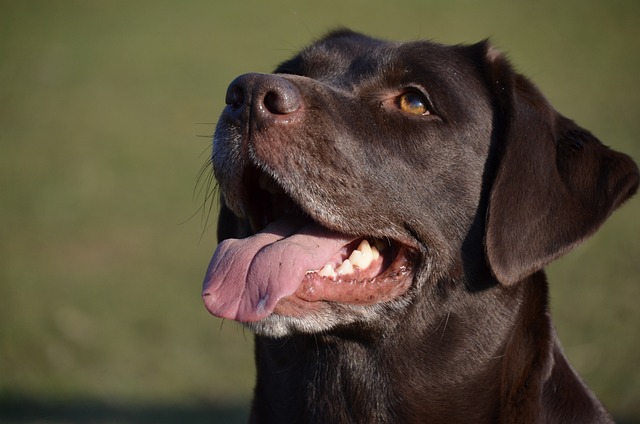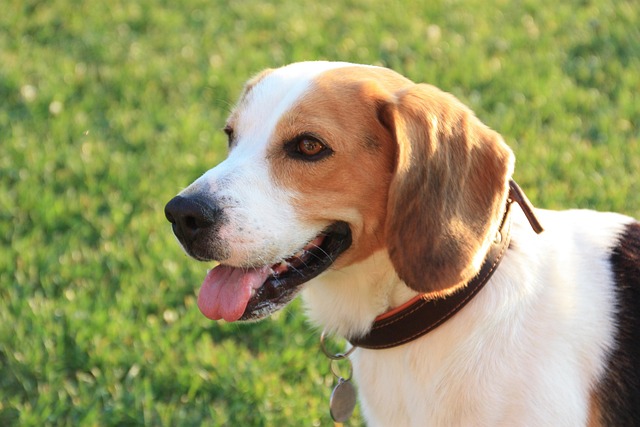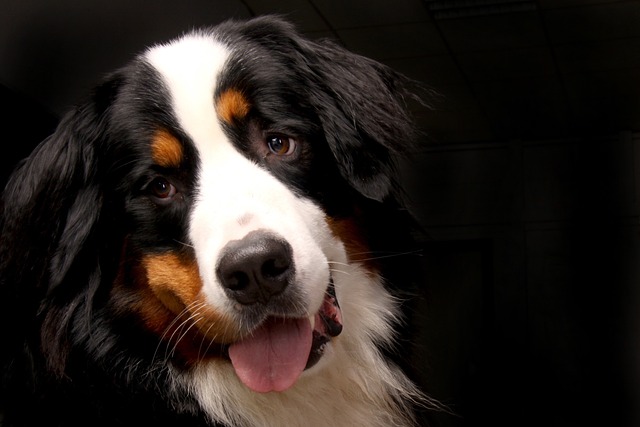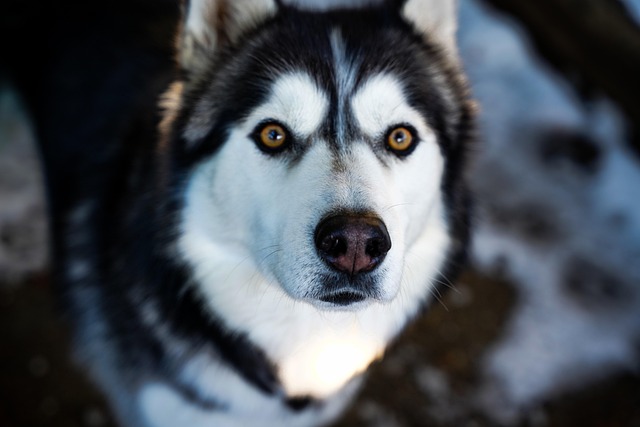
How to improve a dog’s coat condition
If you’re a new dog parent in the US—maybe you brought home a fluffy Golden Retriever puppy from a shelter in California or a sleek Greyhound from a breeder in New York
Dog owners often panic the first time they hear that harsh, honking cough—worried not just about their pup, but if they’re putting other dogs at risk. The short answer? Canine cough (also called kennel cough) stays contagious for quite a while, even when symptoms fade. Most vets will tell you the window lasts from 1 week before symptoms show up to 2 weeks after they disappear—that’s a longer stretch than many people expect.
This is because the virus or bacteria behind canine cough lingers in a dog’s throat even when they stop coughing. A pup might seem fine, but they can still spread it through sneezes, coughs, or even sharing a water bowl. For Huskies or other social breeds that love dog parks, this means keeping them home longer than you might think—rushing back to playdates could spark an outbreak among their furry friends.
 Compliance with local rules matters here too. Many cities (like New York and Seattle) require dog owners to keep contagious pets away from public spaces—including sidewalks where other dogs walk, not just dog parks. Some areas even fine owners if their unisolated dog spreads illness to others. Plus, most boarding facilities or doggy daycares won’t take a pup until they’re cleared by a vet, which usually means waiting out that full contagious period.
Compliance with local rules matters here too. Many cities (like New York and Seattle) require dog owners to keep contagious pets away from public spaces—including sidewalks where other dogs walk, not just dog parks. Some areas even fine owners if their unisolated dog spreads illness to others. Plus, most boarding facilities or doggy daycares won’t take a pup until they’re cleared by a vet, which usually means waiting out that full contagious period.
The good news is you can take simple steps to slow spread. Keep your sick dog in a separate room with their own food and water bowls, and clean surfaces with a vet-recommended disinfectant (avoid harsh chemicals that irritate their nose). If you have multiple dogs, wash your hands thoroughly between handling them—germs can stick to your clothes or hands too. And always let your vet know if your dog was around other pups before getting sick; they might alert local owners.
Don’t skip the vaccine, either. While it doesn’t prevent all cases of canine cough, it makes symptoms milder and shortens the contagious period. Many apartments or HOAs in the U.S. actually require the vaccine as part of their pet policies—skipping it could violate your lease, not just put other dogs at risk. If your dog does get sick, follow your vet’s treatment plan (usually rest and sometimes antibiotics) to help them recover faster.
By understanding that canine cough’s contagious period lasts longer than symptoms, and following local rules about isolation and vaccines, you’ll protect both your pup and the wider dog community. It’s frustrating to keep a playful dog cooped up, but a little patience now prevents more dogs from getting sick—and keeps you on the right side of local pet laws. Always check with your vet for a personalized timeline, and you’ll have your pup back to chasing balls in no time.

If you’re a new dog parent in the US—maybe you brought home a fluffy Golden Retriever puppy from a shelter in California or a sleek Greyhound from a breeder in New York

If you’re a new dog parent in the US—maybe you brought home a floppy-eared Cocker Spaniel from a shelter in California or a cuddly Basset Hound from a breeder in Ohio

Dog owners often panic the first time they hear that harsh, honking cough—worried not just about their pup, but if they’re putting other dogs at risk.

If you’re a new dog parent in the US—maybe you brought home a bouncy Cocker Spaniel puppy from a shelter in Florida or a calm Basset Hound from a breeder in Ohio

If you’re a new dog parent in the US—maybe you just brought home a playful Lab puppy from a shelter in Texas or a cozy Shih Tzu from a breeder in New York

If you’re a new dog parent in the US—maybe you picked up your first pup from a shelter in Denver or a breeder in Florida—finding your dog with red